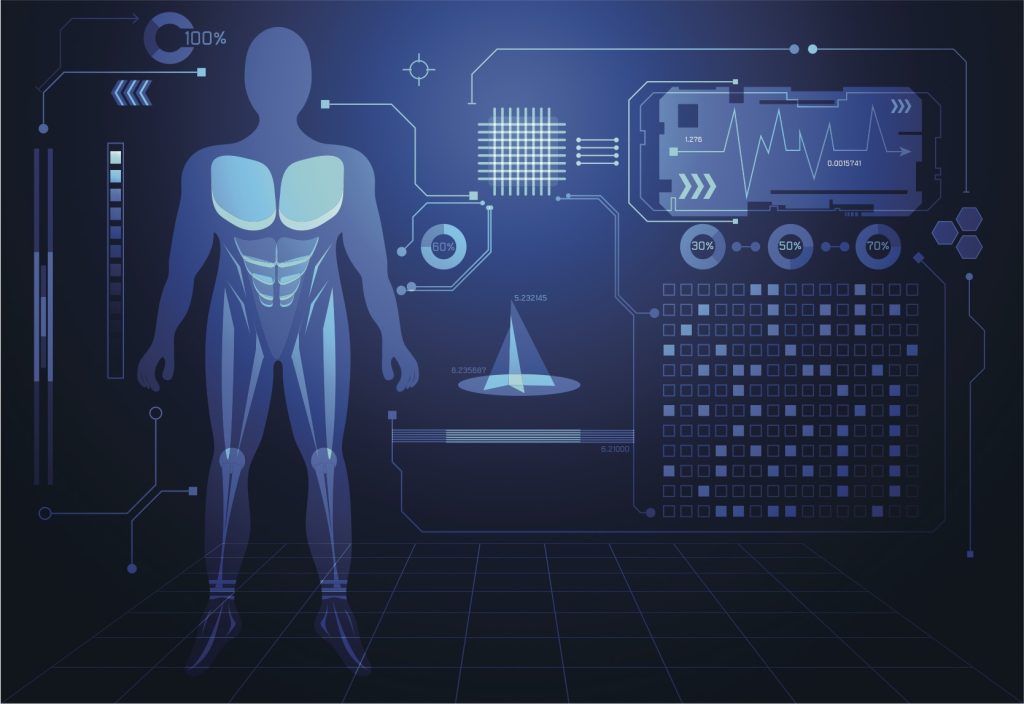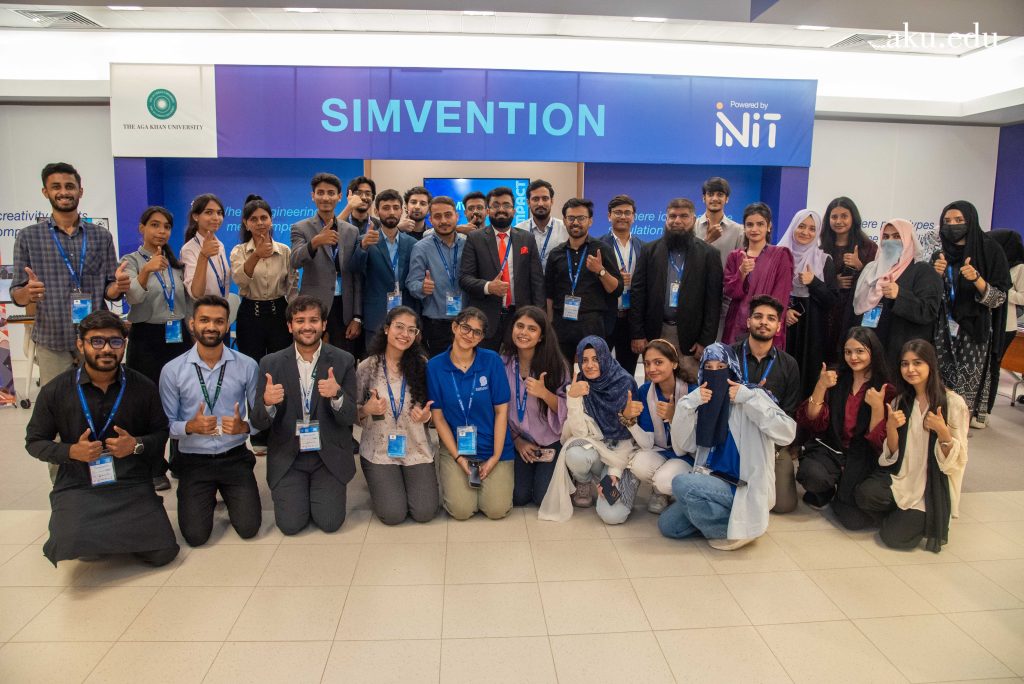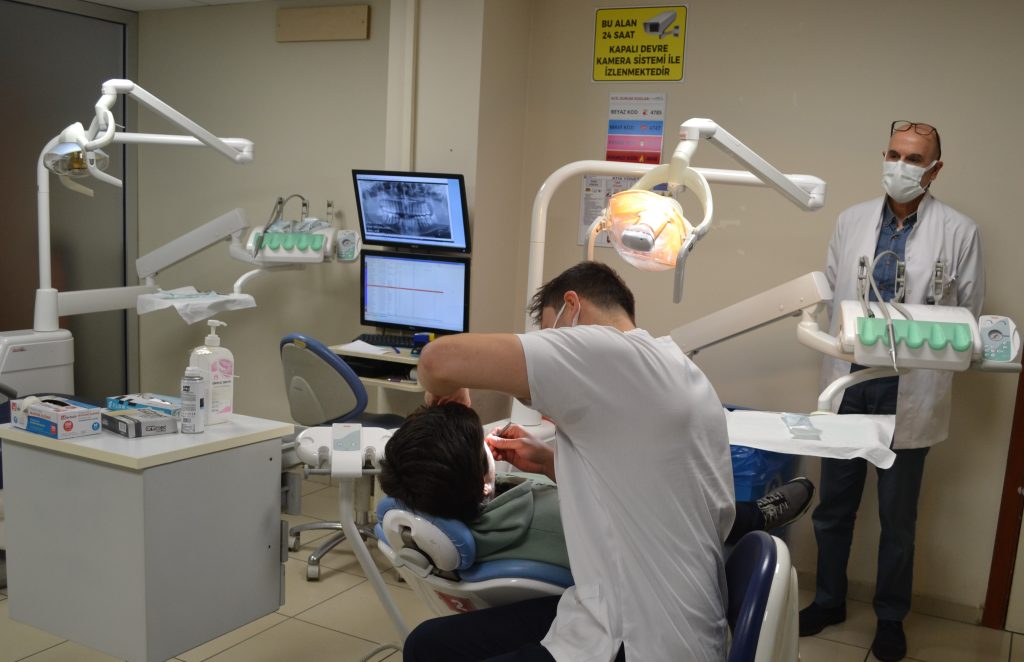Simulation allows for safe failure, promoting learning without patient harm. Laerdal Medical highlights three priorities: competency-based education, effective debriefing, and continuous quality improvement, all enhanced by their SimCapture system and advanced simulators, fostering a resilient and competent healthcare workforce. Read the article to learn more
Advertorial
“Practice like you’ve never won. Perform like you’ve never lost.” That winning axiom is credited to world-renowned basketball icon Michael Jordan. And it is as applicable to achieving excellence in healthcare as it is to achieving distinction in professional sports. Universally, achieving excellence requires a unique balance between humility (practice like you have never won) and confidence (perform like you never lost). That balance between humility and confidence is what feeds the continuous learning cycle and leads to superior performance.
But why lose to win? That seems harsh, no?
Not at all! The advantage of simulation is that it allows for failure in a safe supportive environment. Under the guidance of skilled faculty, failure gives learners the opportunity to deconstruct their actions and learn from them. No patient is harmed. And from their understanding, learners can build their confidence when they enter practice.
Among the many areas that Laerdal Medical is focused on, three are uniquely relevant for this year’s meeting of the Society for Simulation in Europe. Each offers an opportunity for you to distinguish your organization in its pursuit of this year’s theme, healthcare excellence.
Excellence Priority 1: Competency-Based Education
Globally, healthcare is experiencing a competency crisis. Yes, there is a shortage of providers. But there is also agreement that too many learners are entering the workforce (or entering new roles) unready to exhibit the “knowledge, attitudes, motivations, self-perceptions, and skills” that equal competency.
Especially among new nurses, this has led to discouragement and record first year attrition rates. A common theme is that during their education, their competency was rarely assessed. They were given minimal chance “to lose” so that they could learn what it takes to win.
Laerdal’s SimCapture system affords educators and institutions the structure and ability to ensure competency through formative and summative assessments. SimCapture is a digitally based system that combines software, course structure, and video playback in a way that ensures objectivity, accuracy and learning impact from assessments. If you wish to instill competency in your learners, SimCapture can help ensure results.


Excellence Priority 2. The Art and Science of Debriefing
“Debrief like your next patient’s life depends on it.” That’s how a cardiothoracic surgeon expressed it to us. Experts generally agree, debriefing is where the learning occurs. And it is where the journey to excellence is made straight. Debriefing gives learners the opportunity to analyze and understand their performance, to identify areas for improvement, and to sharpen their critical thinking skills.
Just as Laerdal’s SimCapture system is well suited for assessments, it is ideal for facilitating debriefing. SimCapture allows learners to deconstruct details of their performance to a precise degree. And it allows educators to focus learners on the performance factors they need to improve and which to sustain.
Your choice of simulator for debriefing is critical. Have you ever had difficulty choosing the right simulator? Consider basing your choice on the performance factors you want to debrief—and which simulator will allow your learners to potentially fail so they can win later.
If you wish to debrief to a high stakes or complex scenario, for example, simulators like Laerdal’s new SimMan Critical Care (advanced respiratory care), MamaAnne (coming soon for maternal care) and SimMan 3G PLUS (complex emergency care) are among the many Laerdal simulators that will lead to rich debriefing discussions based on realistic clinical challenge. If you are more interested in lower stakes scenarios, Laerdal offers simulators and skills trainers for those situations, too.


Excellence Priority 3. Continuous Quality Improvement
Continuous Quality Improvement (CQI) is the new frontier for simulation. And in the pursuit of healthcare excellence, CQI is where simulation can impact not only patient outcomes but system-wide care efficiencies and cost.
The goal of CQI is to achieve excellence by continually refining processes and systems that drive organizational outcomes. By its very nature, CQI is a structured approach to “Practice like you’ve never won. Perform like you’ve never lost.” The most successful hospitals in the world have a culture of CQI.
In healthcare, CQI uses simulation to reproduce events and test improvements in a safe environment. This is where the right simulator is critical. Consider an adverse critical care event where a patient contracted hospital-acquired pneumonia (HAP). You will want a simulator like SimMan Critical Care that can reproduce the patient’s condition. You can then use simulation to analyze your staff’s expertise and protocols, and learn how care can be improved for the future.
This works for foundational skills, too. Cardiopulmonary Resuscitation (CPR) training represents a vast quality challenge for healthcare. Laerdal’s Resuscitation Quality Improvement (RQI) Program allows institutions to implement a cross-organization self-directed training effort that minimizes cost, maximizes outcomes, and supports a true culture of CQI.


Our Wish for You
Laerdal’s focus on competency-based education, effective debriefing, and continuous quality improvement, underscores the potential of simulation to profoundly impact excellence in healthcare. By allowing healthcare professionals to fail safely, learn critically, and apply knowledge confidently, simulation acts as a catalyst for cultivating a resilient and competent healthcare workforce.
Our wish for you? That your organization is afforded the chance to practice like you’ve never won…and perform like you’ve never lost!
Laerdal can help. Contact your local Laerdal representative and see our many resources on social media and at www.laerdal.com.


READ ALSO












































